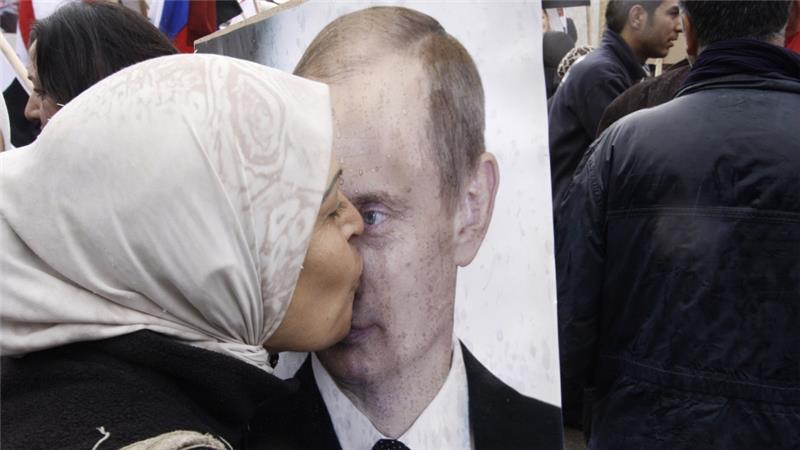Surely it should be the Russians who now care enough to prevent ISIS colonising Syrian space

Donald Trump’s decision to pull US troops out of Syria has set off much caterwauling about the potentially destabilizing vacuum he’s creating and the risk that ISIS will fill it.
Multiple options are being explored by the Americans, according to The Washington Post. There is talk of a “safe” zone in Syria along the Turkish border, to protect the Kurds from the Turkish army. The Turks don’t want this.
There is also, interestingly, the suggestion Washington will maintain overall control without US troops on the ground.
According to the Post, this means, “small contingents of British and French troops, who are already operating alongside Americans, would remain in the area with the SDF and perhaps also with private US military contractors and UN observers, while the United States provides air cover.” The SDF, of course, is the Syrian Defence Forces, a ragtag but effective group led by the Kurdish People’s Protection Units.
But here’s a key question about US involvement in Syria. Why? Why should the Americans act as if they care any longer? Mr Trump has already dismissed Syria as a place where there is only “sand and death”.
The Russians are already well placed in Syria, with a free, 49-year lease on the Tartus naval base and the Hmeymim airbase. Russian economic interest in Syrian reconstruction is a fact, with some tension between Moscow and Tehran over lucrative contracts.
Furthermore, Turkey, Russia, the Syrian Kurdish allies and the Syrian government all have a strategic interest in any arrangement for the future of northern Syria. It’s another matter that all their various positions are “irreconcilable”, in the words of Aaron Stein, director of the Middle East programme at the Foreign Policy Research Institute. But change is happening anyway as the US prepares to pull out. The SDF have now identified one last Syrian holdout of ISIS – one village in the southeastern desert. That may fall very soon and if the US decides on an April deadline for its troops to leave, someone will have to take charge.
That should, by rights, be the Russians, through their support for the Syrian regime and their increasing interest in Syria.
Russia is returning to the Middle East, from which it has been pushed out gradually after the 1973 Yom Kippur War. Moscow is positioning itself as a mediator between rival players in the region. Russia’s assertiveness in Syria and its cooperation with Iran are now, only likely to increase.
Meantime, Russia favours restoring Syrian government control over all of the country. It has proposed reviving the 1998 Adana agreement between Turkey and Syria under which Damascus would be responsible for keeping militant Kurds away from the Turkish border. It’s not clear if Turkey will agree.
Whatever happens, those with economic interests in Syria – the Russians and Iranians – should now be the ones primarily concerned about stability on the ground.

